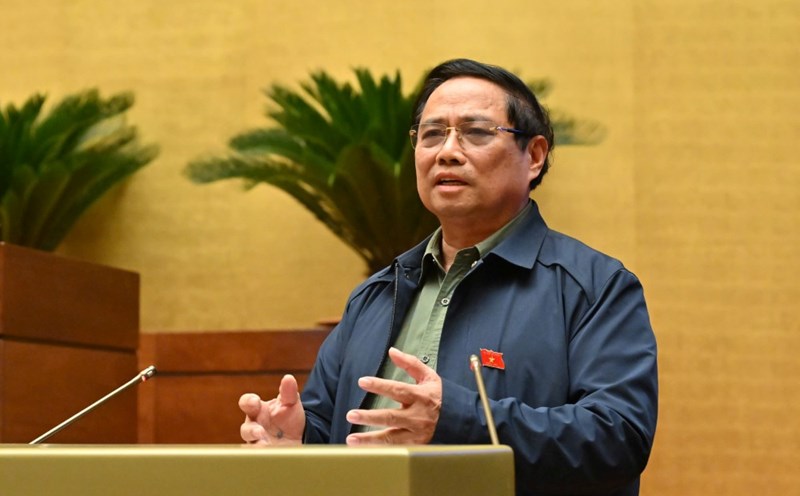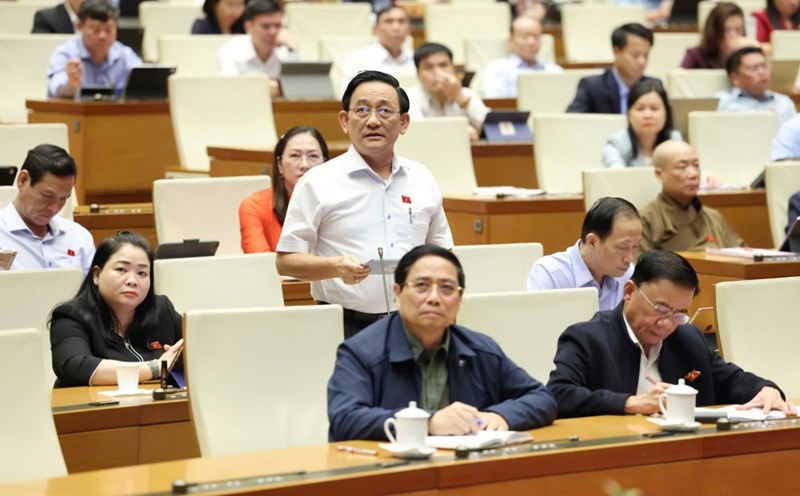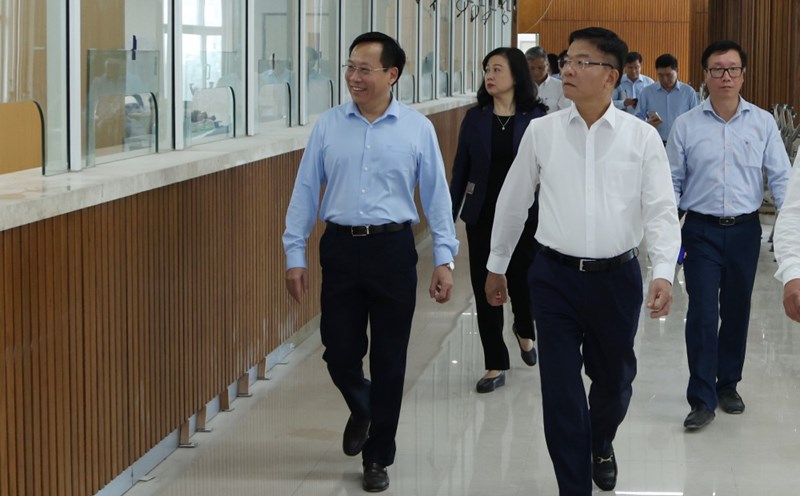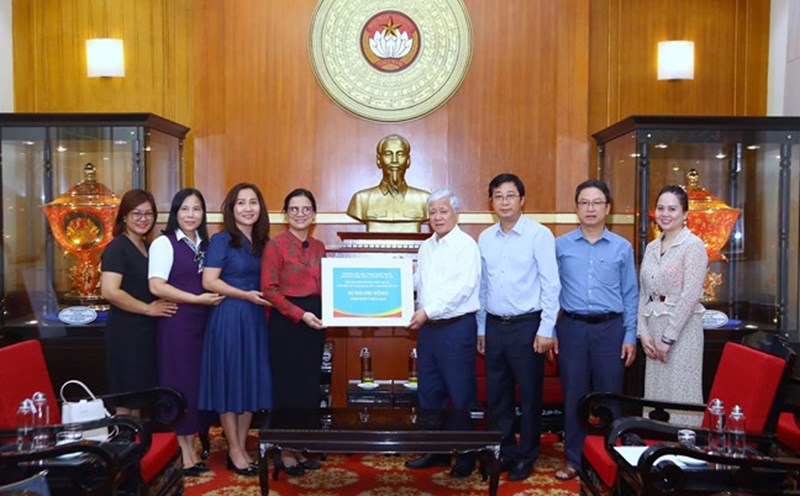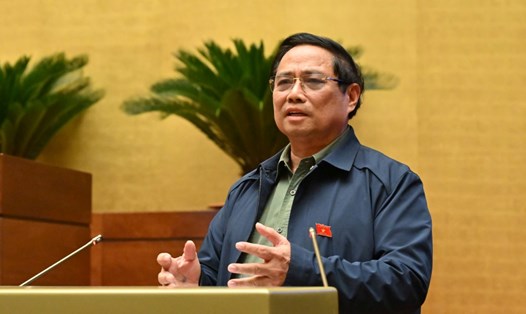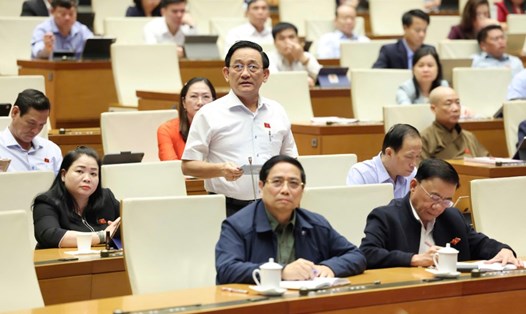Many delegates said that this is not only an urgent need to ensure the lives of cadres, but also a test of the management capacity and operational efficiency of the public sector in the new period.
Prime Minister Pham Minh Chinh also informed: The Government will consider, balance resources and seek opinions from competent authorities, including the National Assembly, to increase salaries sooner.
This is good news for millions of civil servants and public employees. Increasing salaries is necessary. Because for many years, the income level of cadres, civil servants and public employees has been low compared to the cost of living. That leads to the reality that talented people are not interested in the State apparatus and there are people who lack motivation to contribute, the effectiveness of public service is not commensurate with the people's expectations.
However, salary increases are only really meaningful when they go hand in hand with increasing the responsibility and productivity of the public sector. If we only increase the payment level without changing the working method, the assessment mechanism and accountability, and salary reform will only be to " Pour water into the hole".
For a long time, salary has been often considered an expense, while it is actually an investment in state productivity. A apparatus with a stable income and a transparent reward and reward mechanism will operate more effectively, creating greater public value for society. Therefore, salary reform must be designed in sync with institutional reform, staff streamlining, clearly defining job positions and criteria for evaluating output results.
When saying "increase salaries must go hand in hand with increasing responsibility", that means each public position must have specific responsibilities identified. There cannot be a matter of "doing it or not doing it" or "coming sooner or later". Officials with higher salaries must also have greater responsibilities, handle records on time, reduce waiting time for people, save budget costs, and increase people's satisfaction with service. Those indicators need to be quantized, monitored and publicized periodically.
To avoid wasting resources, salary increases must be accompanied by spending discipline and staff streamlining. The budget cannot afford to increase salaries while the apparatus is still cumbersome. Salary increase should be considered an opportunity to review the entire allowance system, eliminate overlapping amounts, and shift from "salary allowance" to "income transparency". Each additional salary must be converted into specific productivity: How quickly the administrative records are processed, how much increases the satisfaction of the people.
From a long-term perspective, salary increases need to be seen as a lever for comprehensive reform. Salary associated with responsibility creates motivation for work, while salary associated with productivity will promote innovation and creativity in service.
A modern, honest and for the people's government can only be formed when each civil servant sees that his or her value is correctly recognized, but also takes responsibility to the extent to the position he or she is holding.
At that time, they will be more worthy of the increased salary.

